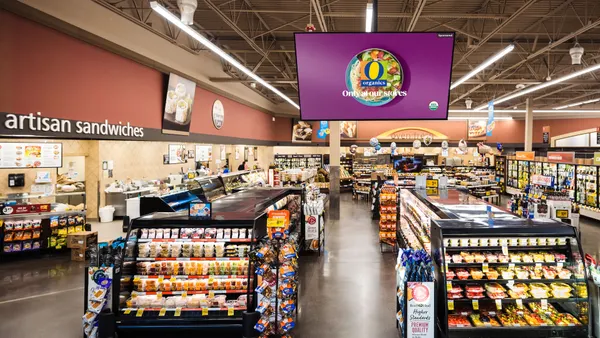Brief:
-
United Airlines, the fourth-biggest U.S. carrier with 79 million passengers in the past 12 months, released applications for Google Assistant and the Fitbit Ionic smartwatch, per a statement. The new apps — the first from an airline for both platforms, according to United — follow its September release of a skill for Amazon Alexa, the e-commerce giant’s voice-activated digital assistant.
-
United’s new Google Assistant app lets customers use smart speakers like Google Home, and eligible Android and iPhone devices, to check on flight information. After linking to the airline’s MileagePlus frequent flyer program, customers can say "talk to United" to hear flight status and check in for an upcoming flight.
-
United’s app for the Fitbit Ionic also lets customers get flight information and a boarding pass without a smartphone. Customers need to connect their MileagePlus account in the United app’s settings within the Fitbit mobile app and sync Ionic to update the watch.
Insight:
Following close on the heels of the airline's update to its smartphone app, United’s rollout of apps for smart speakers and smartwatch devices like the Fitbit Ionic are another indication of the growing importance of new classes of consumer electronics products. Consumers have embraced smartphone apps for travel and airlines, most of which already have smartphone apps, now must turn their focus to smart speakers if they want to stay ahead of the conveniences their customers are looking for.
Amazon Alexa already lets users do things like book travel and check travel status through integrations with Expedia, Kayak, the Flight Tracker app, Uber and Lyft. Google Home already offers some travel features but, on the whole, has lagged Amazon in this area.
Smart-speaker devices like the Amazon Echo, Google Home and Sonos One will be found in 55% of U.S. households by 2022, according to a forecast last month by Juniper Research. More than 70 million households will have at least one smart speaker, while the total number of installed devices will top 175 million, TechCrunch reported.
Wearable devices like the Fitbit Ionic haven’t shown themselves to be as indispensible as smartphones, but tech companies keep improving their features to make them useful for consumers. Sales of wearables grew 10.3% in Q2 2017 from the prior year, according to an IDC report cited by Engadget, with the smartwatch category jumping by 60%.
The Apple Watch is the market leader, while Fitbit has coped with delays and setbacks with the introduction of its Ionic smartwatch. The $300 device went on sale in October and was updated this week with 60 new apps including ETrade, Flipboard, the New York Times, Uber and Yelp.









